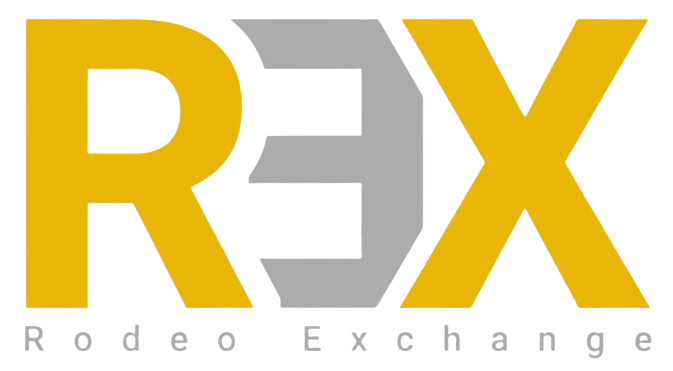What Is a Reverse Exchange?
A reverse exchange is useful when an Exchanger wants to acquire the Replacement Property first and dispose of the Relinquished Property later on a tax-deferred basis. A reverse exchange was created to help buyers purchase a new property before being forced to trade in or sell a current property. This may allow the seller to hold a current property until its market value increases amongst other factors, thereby also increasing their timing to sell for maximized profit.
A reverse exchange is useful when an Exchanger wants to acquire the Replacement Property first and dispose of the Relinquished Property later on a tax deferred basis. A reverse exchange may be appropriate if the Relinquished Property falls out of escrow, or the Replacement Property must close before the Relinquished Property is sold or ready to close. We have listed some common reasons to consider a reverse exchange. To have a valid exchange, one of the properties must be “parked” to prevent the Exchanger from being in title to the Relinquished Property at the same time they are in title to the Replacement Property. Two Types of reverse exchanges are:
- Replacement Property Parked Reverse Exchange
- Relinquished Property Parked Reverse Exchange
- Please contact us for more details
Common reasons to consider a Reverse Exchange include:
- The inability to identify replacement property within the 45 days.
- The inability to acquire the replacement property within 180 days.
- The Due Diligence time period may exceed the traditional Section 1031 time period. In the case of a Reverse Exchange the Seller has unlimited amount of time to locate the property to be purchased, since it will be acquired first.
- Loss of Negotiating Position with the Seller of the Replacement Property where the Seller of the Replacement Property learns that the purchase is part of a 1031 Exchange. The Seller may wait out the time period, knowing the Buyer has already identified his property.
- Title Issues. Many times unexpected title issues may delay the close on the sale of the relinquished property, causing the replacement property to be acquired first.
- Replacement Property must be acquired before the Relinquished Property can be sold.
- The Client may wish to maximize the amount of time to construct improvements.
- Many types of related party exchanges can be handled as a reverse exchange that otherwise could not be treated as a forward exchange.
- Current law favors reverse exchange when the client contemplates constructing improvements on property already owned by the client.
(Reverse Exchange Investopedia)
https://www.investopedia.com/terms/r/reverse-exchange.asp
*The following links, forms, articles, or any other material regarding federal and state tax issues related to 1031 exchanges has been provided by Rodeo 1031 Exchange as a courtesy for reference and information purposes only. Taxpayers must review their specific tax situations and both state and federal reporting requirements with their independent tax advisor. As a Qualified Intermediary Rodeo 1031 cannot give legal or tax advice or opinions regarding the necessity or applicability of any forms nor are we expressing any opinion. The content and accuracy of any form or information contained herein should be decided by your tax advisor or legal counsel.
*Rodeo 1031 is a qualified intermediary. Rodeo 1031 Exchange does not provide tax or legal advice, nor can we make any representations or warranties regarding the tax consequences of your exchange transaction. Property owners must consult their tax and/or legal advisors for this information. Our role is limited to serving as qualified intermediary to facilitate your exchange.
